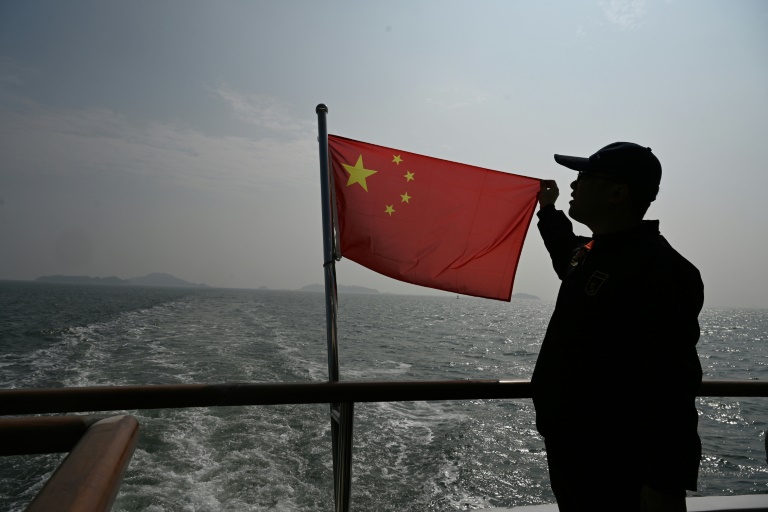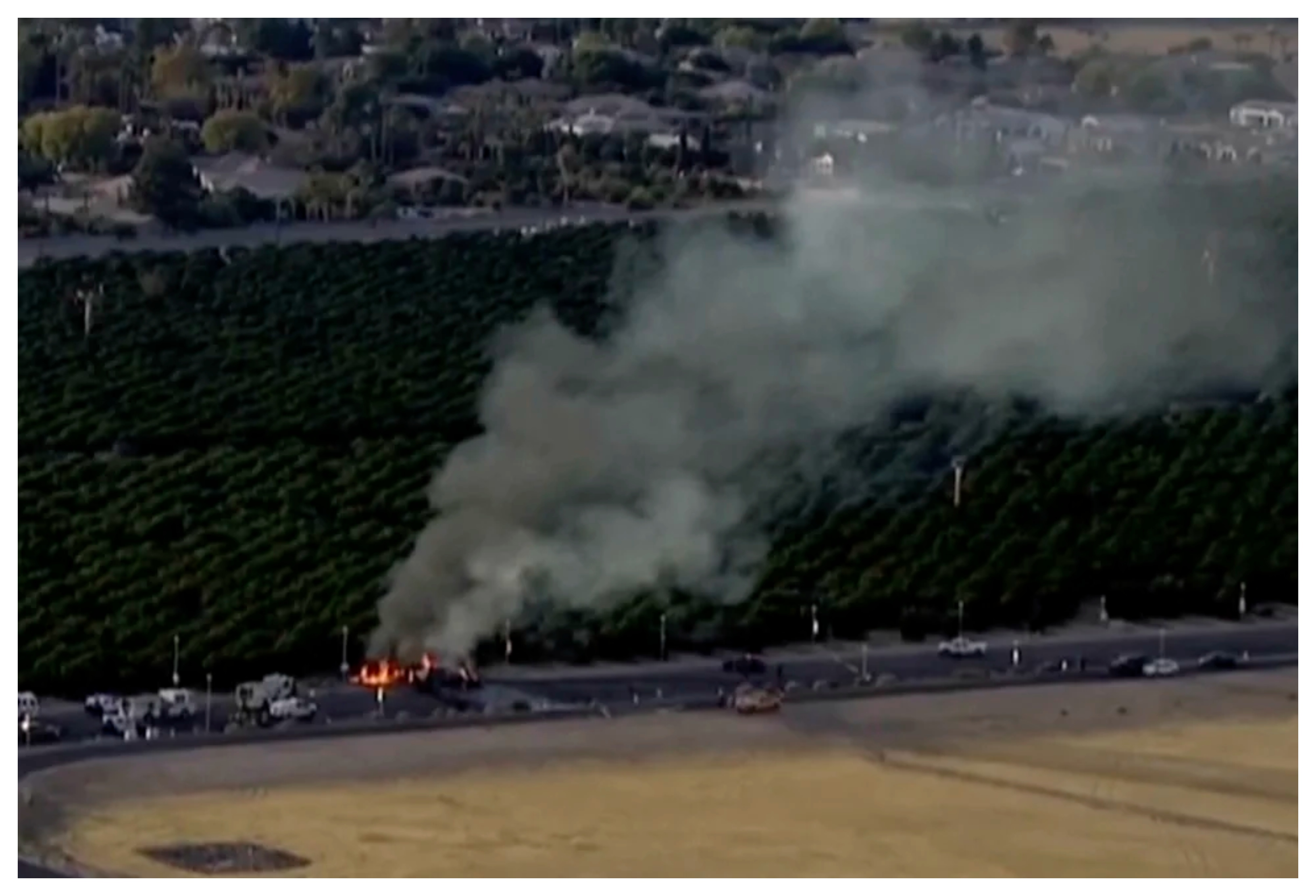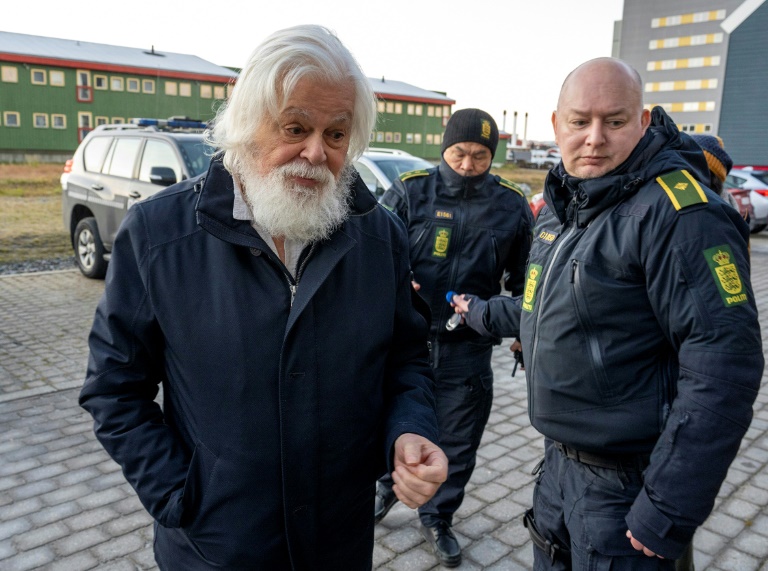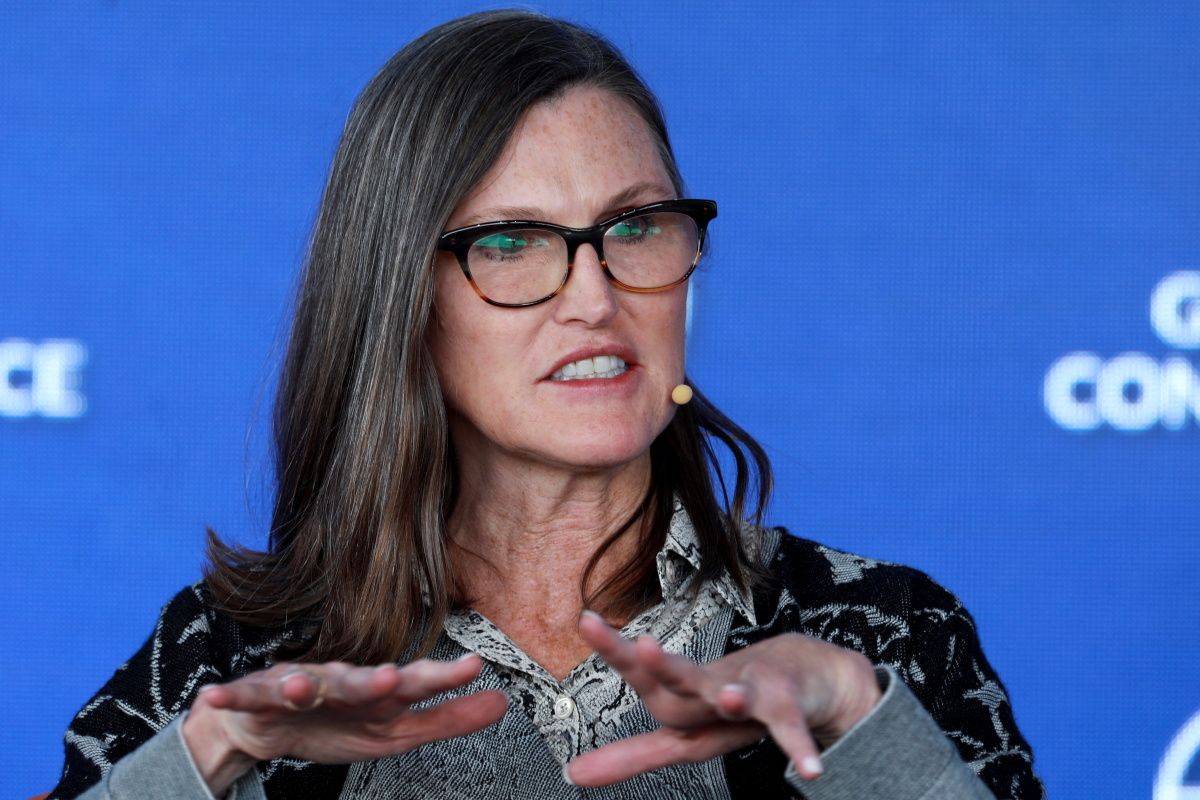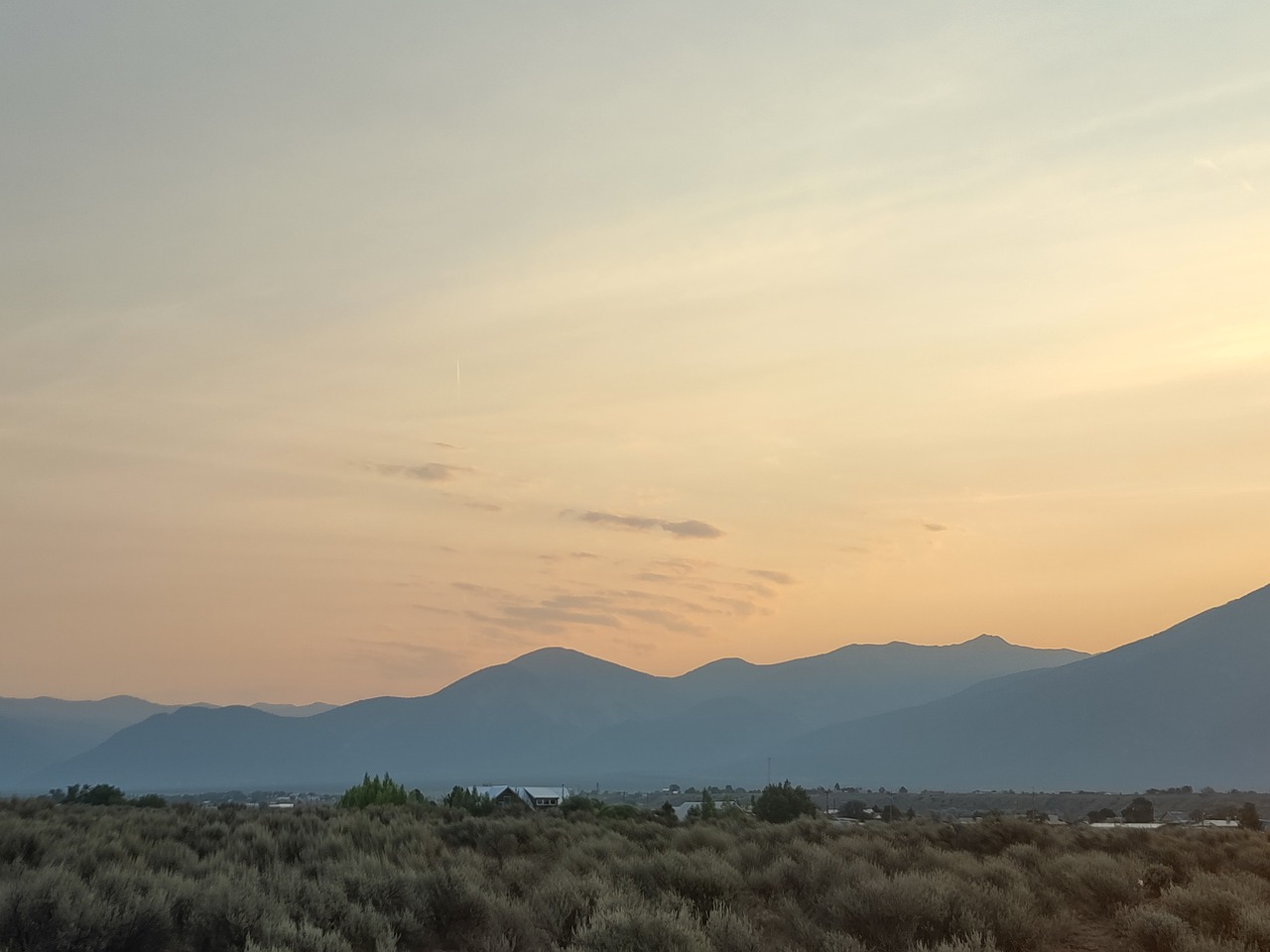An intercom blares out on the crowded cruise, sending Chinese tourists racing to the upper decks for a glimpse of what they’ve all come to see: democratic, self-ruled Taiwan.
That island has entered the final stretch of a dramatic, ill-tempered election campaign — closely watched from Washington to Beijing as the winner will determine the future of Taiwan’s ties with the mainland.
But while newspapers in Taipei on Thursday carried wall-to-wall coverage of the high-stakes poll, frontpages across the Taiwan Strait were, as usual, dominated by one man: Xi Jinping.
Xi has said that China’s unification with Taiwan is inevitable, and his government warned this week that a vote for independence-leaning candidate Lai Ching-te — the presidential frontrunner — poses a “severe danger” to the island’s future.
Aboard a three-storey sightseeing boat Thursday morning for a leisurely cruise past the Kinmen Islands, administered by Taiwan and at the nearest point just under five kilometres from the mainland, one tourist said he agreed.
“I hope the motherland can be united at an early date,” Huang Ling, a 41-year-old tourist from China’s central Hubei province, told AFP.
“There’d be many benefits. A prosperous country and strong people,” he said.
“Although Taiwan is separate over there, they’re still Chinese people, our brothers and sisters.
Another tourist — a man in his mid-fifties who only wanted to give his surname Chen, told AFP he was “very curious” to see the islands.
“My father’s friend was a Kuomintang member and went over to Taiwan during the war,” he said, referring to the now-opposition party in Taiwan that fought a decades-long war with the Communist Party for control of the mainland.
“Later, after travel became possible, he came back and met my dad,” he said.
“That was about 30 years later,” he explained.
“They were so happy to see each other.”
Not long after setting off, chilly winds on the boat’s upper decks drove most passengers into the more sheltered lower level.
But half an hour later, a voice over the loudspeaker announced the cruise had reached its closest point to Kinmen — sending the tourists racing back up the stairs for selfies with the rocky islands, visible about two kilometres away through the haze.
On the mainland coast nearby, along a crowded tourist beach, a giant red sign blared the slogan: “One Country Two Systems, Unify China”.
Tourist groups posed in front of the slogan — large enough to be seen from the Kinmen Islands — some clutching small Chinese national flags that fluttered loudly in the windy conditions.
The words referenced a deal China made guaranteeing the former British colony of Hong Kong certain rights and freedoms ahead of its handover in 1997 — rights that have since been eroded in the semi-autonomous city.
The word “Taiwan” rang out regularly as travel guides and visitors descended from large coaches, disembarking onto the beach to squint out at the distant sight of grey shapes in the narrow strait.
“Cheap tickets for a look toward Taiwan’s Kinmen island!” a beach vendor standing next to binoculars on a tripod shouted through a loudspeaker.
Curious tourists peered through binoculars, trying to spot the landmarks across the strait.
Nearby, visitors stood on a small stone platform opposite a sculpture of big and small hands, trying to snap photos on their mobile phones through a gap between the artworks.
“You can see Taiwan through the hole in the middle!” one tourist explained to another group of curious onlookers.
AFP
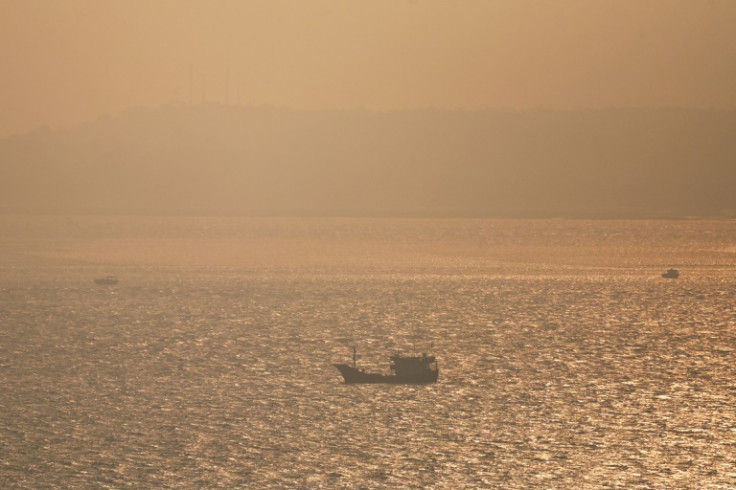
AFP

